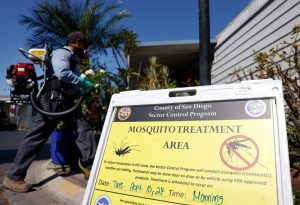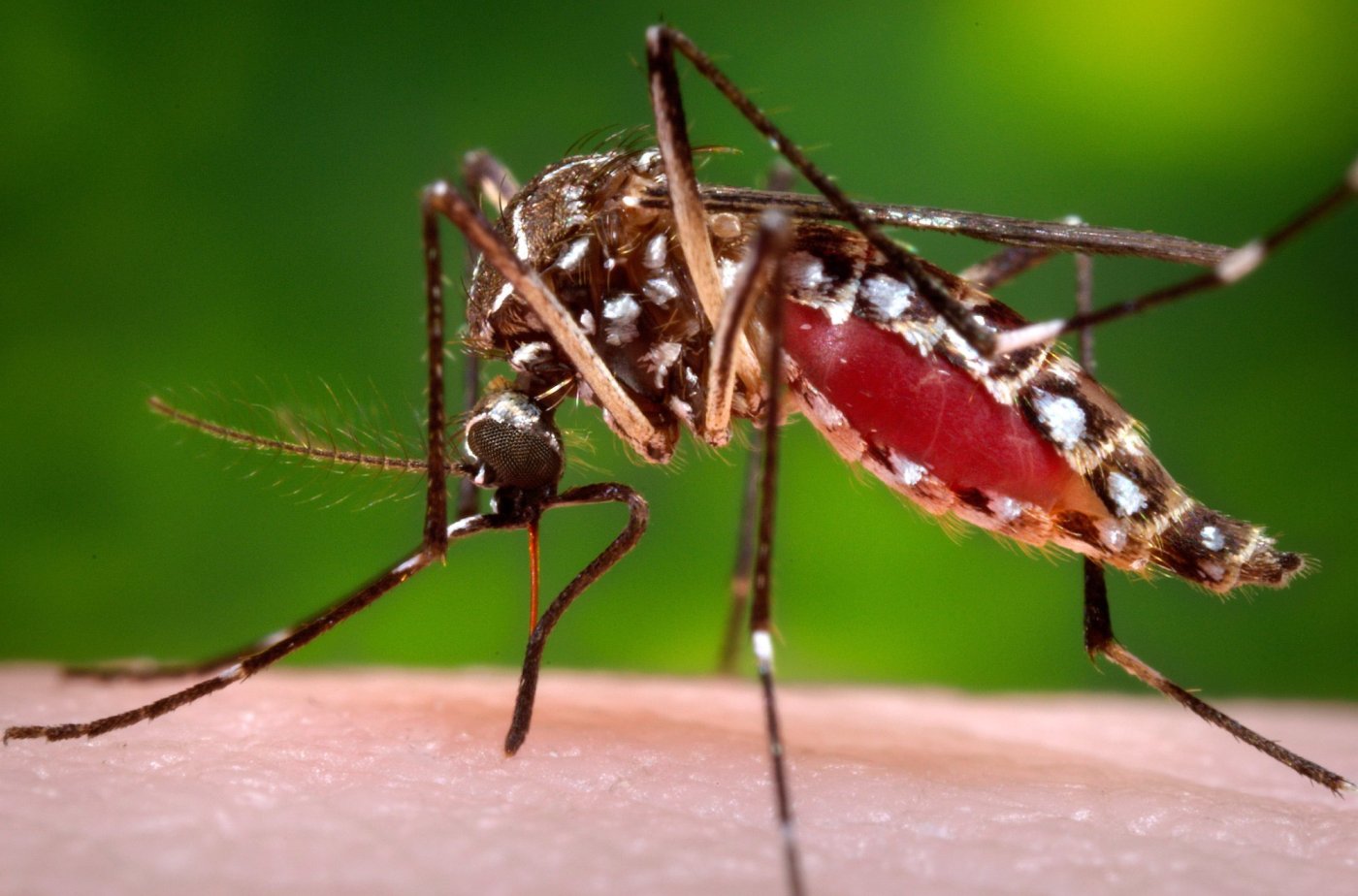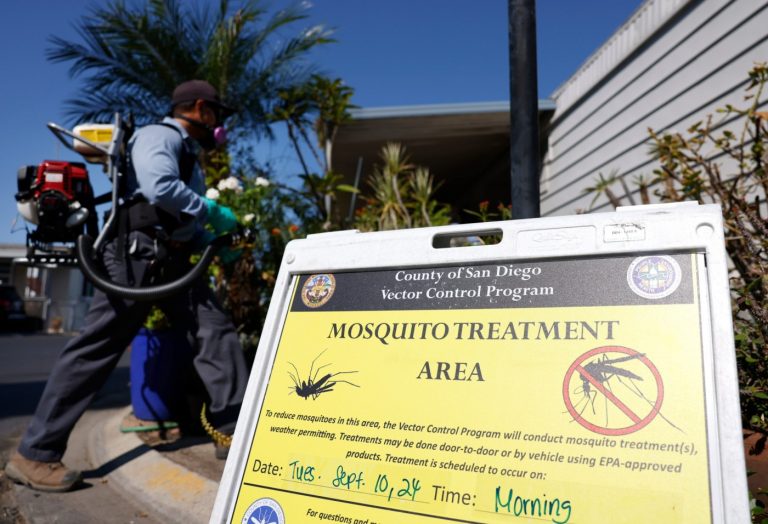RED BLUFF — The Tehama County Health Service Agency announced Thursday evening that a person had died due to the West Nile virus.
HSA shared that the victim developed the disease after being bitten by an infected mosquito and later died from complications of West Nile virus. Tehama County Health Officer Dr. Timothy Peters said, “This unfortunate death reminds us of the potential danger from mosquito bites and West Nile Virus. We extend our condolences to the family.”
According to HSA, mosquito bites spread West Nile virus to humans and horses. Typically, people over 50 or those with chronic medical conditions are most at risk for developing complications, but we have seen severe complications in previously healthy people in their 20s, 30s, and 40s. West Nile virus is usually active from June through October, with August typically being the peak month of activity in Tehama County.
The Health Services Agency and Tehama County Mosquito and Vector Control District are urging all Tehama County residents to protect themselves and their families from mosquito bites.
Peters said, “All residents, especially the elderly and those with serious medical conditions, need to take precautions to protect themselves from mosquito bites. Protection is critical when mosquitoes are most active at dawn and dusk.”
The easiest and best way to prevent mosquito bites is by remembering the five D’s:
— DEET – When outdoors, use insect repellents containing Deet (N, N-diethyl-meta-toluamide, also called diethyltoluamide). Always follow label instructions.
— DAWN and DUSK – Stay inside when mosquitoes are most active at dawn and dusk. If you must go outside, use insect repellent and wear long sleeves and pants. Light-colored clothing can help you see mosquitoes that land on you.
— DOORS – Make sure that doors and windows have tight-fitting screens. Repair and replace screens with tears or holes to help keep mosquitoes out.
— DRAIN standing water from flowerpots, buckets, and barrels to eliminate mosquito breeding grounds. Change the water in pet dishes daily and replace the water in birdbaths weekly. Drill holes in tire swings so water can drain out.
“Keep children’s wading pools empty and standing on their sides when they are not being used,” HSA said.
Horses can also catch the virus. According to HSA, most will recover, but about one out of three horses displaying clinical signs of West Nile Virus will die or must be put down.
Horses become infected in the same way humans do – from mosquito bites. Those bitten may show signs of stumbling, circling, hind leg weakness, inability to stand, and muscle tremors. There is a vaccine for horses to prevent West Nile virus. Horse owners should vaccinate yearly and contact their veterinarians for more information.
California monitors dead birds. Officials can tell when West Nile Virus is in a community.
“If you find a dead bird, do not touch it or pick it up; use a shovel, gloves, or inverted plastic bags to handle the animal, place it in a plastic bag, and report what you found by filing an online report at https://westnile.ca.gov or call 1-877-968-2473,” HSA advised.
To report standing water where mosquitoes may be breeding or problems with increased mosquito activity, please call Tehama County Mosquito and Vector Control at (530) 527-1676.













+ There are no comments
Add yours